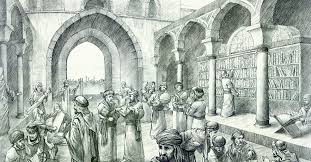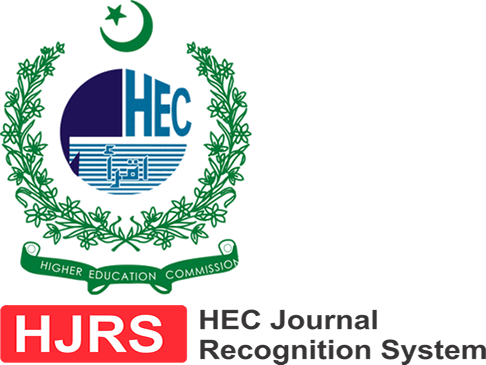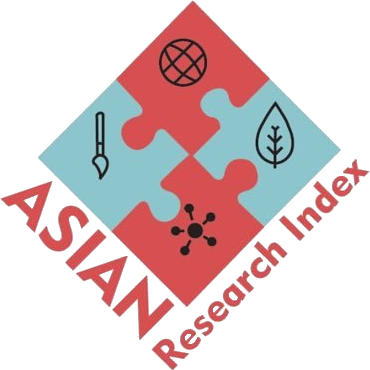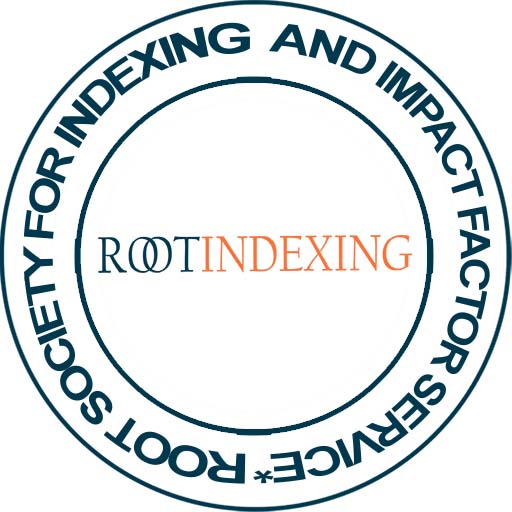اسلامی تعلیمات میں علم و عقل سے استفادہ اور تفکر و تدبر کی ہمت افزائی
The importance of knowledge, intellect, and thinking in Islamic teachings
DOI:
https://doi.org/10.5281/zenodo.7046067Keywords:
knowledge, intellect, thinking, Islamic teachings.Abstract
One of the favors of Islam on men and its civilization is that it created an eternal and sacred association between knowledge, consciousness and religion. That very association of knowledge and religion, created by Islam, injected a soul of quenching the thirst for knowledge which is hard to find in the rest of empires which were established on the basis of religion. The entire world was totally unaware of knowledge when the light of knowledge and wisdom dawned over men. Though the Arabs were illiterate but the condition of heavenly religions was not that much different. The Jews and Christians were not fond of knowledge. The Christian clergyman was restricted to the biblical alphabets. The translation and explanation were not taken into account too. And the novels, once told as stories among Jews, were considered the real-life incidents. Thus, these stories were given the status of revelation. India was ruled by Shreemad Bhagot and 18 other nations whereas the stories of Mahabharata and Ramayana were given due consideration. In such era of ignorance, Islam offered the platform of knowledge and wisdom. In this thesis, the advantages of Islamic knowledge and wisdom and the importance of Islamic thought has been discussed.

Downloads
Published
How to Cite
License
Copyright (c) 2022 Lutuf Ullah Brohi , Syed Shuhab din

This work is licensed under a Creative Commons Attribution 4.0 International License.
AL-MISBAH Research Journal is full open access and licensed under Creative Commons Attribution 4.0 International License; and Published by: Research Institute of Culture & Ideology (REINCI), Islamabad, Pakistan. This allows the research community and the general public to gain unlimited, free and immediate access to scholarly articles, and to reuse the content freely provided that proper attribution is given to the original authors.









